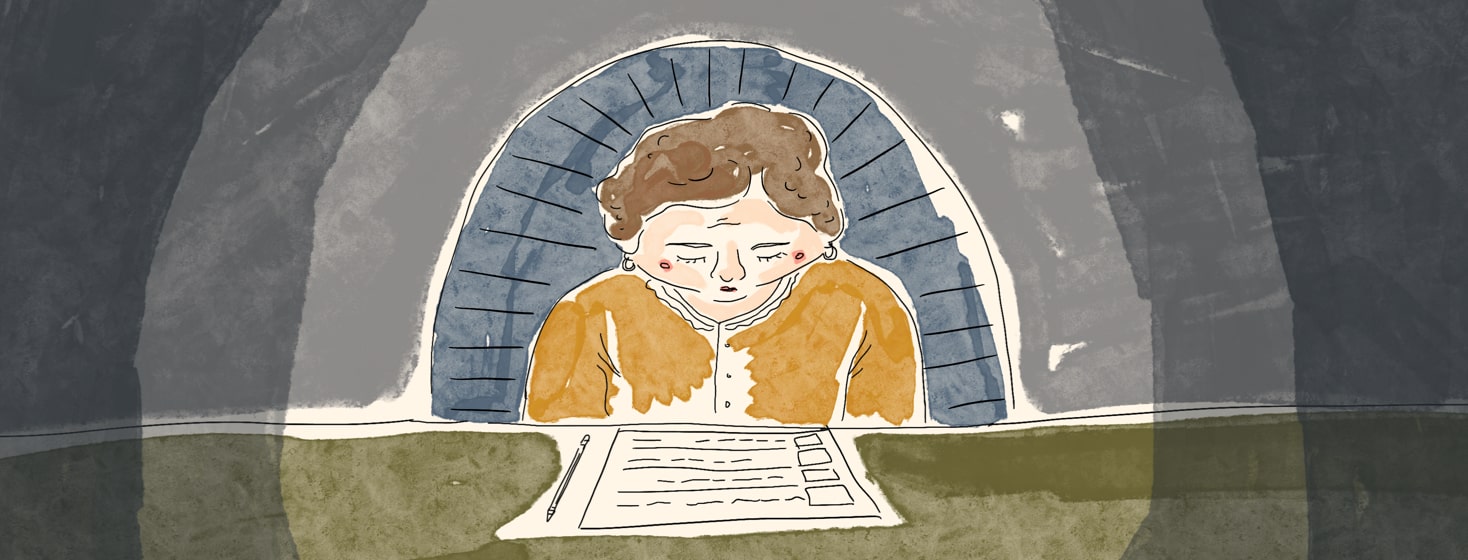My Wife's Experience with the Montreal Cognitive Assessment
The Montreal Cognitive Assessment (MoCA) has been in the news recently as President Trump boasted about his “acing” of the 30-question test as a measure of his intelligence. Unfortunately, the MoCA is not an intelligence test that measures one’s IQ (intelligence quotient).
Developed in 2003, it is an instrument that “helps healthcare professionals detect cognitive impairments very early on, allowing for faster diagnosis and patient care.”1 While the President certainly did well on the assessment (reciting for example, “Person. Man. Woman. Camera. Television.”), he only demonstrated that he was not suffering from cognitive impairment.
The focus on the MoCA reminded me of my own experiences as I watched my now-deceased wife Barbara struggle with completing the assessment.
Barbara was at risk for early-onset Alzheimer's
Barbara knew she was at risk for the early-onset variant of Alzheimer’s disease. She was well-educated (two graduate degrees) and worked as a medical school librarian. More importantly, she had witnessed her father and his side of the family suffering from the disease. They all were passing away from the disease in their early 50s. Based on her research, she knew there was a 50/50 chance that she had inherited the genetic mutation from her father. If she did have the genetic mutation, she was certain to develop early-onset Alzheimer’s.
We could soon guess the answer to the question of whether she had inherited the genetic mutation. She started exhibiting forgetfulness in her mid-40s. She would forget important social events and not remember episodes of “CSI” that we had watched together previously. When traveling overseas with a group of students as part of a semester abroad project, she struggled to find her way from the faculty flat to the student dorm located three blocks away. While Antwerp’s streets were certainly confusing, she should have been able to navigate the route after a couple of months.
When we returned from our semester abroad, we met with a cognitive psychologist who, after some simple screening questions, referred us to a geriatric neurologist. Not being familiar with a potential Alzheimer’s patient that was so young, he referred us to his mentor at the University of Virginia. It was this second neurologist who administered the MoCA. Barbara was 46 years old.
Administering the Montreal Cognitive Assessment
As I related in an earlier article, listening to the answers that Barbara gave in response to the MoCA questions was one of the most devastating experiences I personally went through during her fataldisease path. Barbara had always been one of the smartest people I have known but seeing her struggle with the seemingly simple questions the neurologist asked was heart-breaking.
She tried to draw a clock indicating 10:00, but she placed the numbers on only one side of the clock. She struggled with specifying what day or season it was. Asked to name the “lapel” on the doctor’s lab coat, the closest word she could come up with was “coat.” Unlike the President, she was not able to recall a list of five words that she was repeatedly given.
To many, the President’s encounter with the MoCA was a point of humor; for me, it triggered a sad memory of how far my intelligent wife’s cognitive abilities had deteriorated. For those who have real reasons to take the MoCA, it is no laughing matter.

Join the conversation